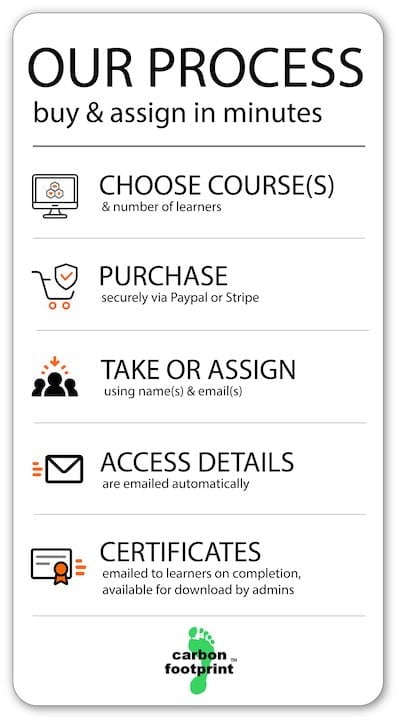‘Learner Empowerment’ is a flexible learning pedagogy which takes a student-centred approach to learning.
It actively involves students in processes of ‘co-creation’ where collaborative and democratic input from students as stakeholders shape knowledge practice (Bovill et al., 2011, cited by Ryan & Tilbury, 2013, p16).
The virtual learning environment is constantly evolving and, as a result, course developers are producing increasingly creative content which moves away from a traditional didactic approach to one which puts the learner firmly at the centre.
Ryan and Tilbury state that “the pedagogical ambitions behind learner empowerment are realised through the use of participatory, transformative and ‘active’ pedagogies” (2013, p.16).
One such participatory and active pedagogy is inquiry-based learning (IBL). Through IBL, learners acquire their knowledge by means of a process of active learning where they investigate questions of interest and significance (Wilson & Murdoch, 2009; Hutchings, 2006).
Inquiry when viewed as a collaborative process where learners work together to challenge and move beyond current understandings reflects the philosophy of learner empowerment (Ryan & Tilbury, 2013).
This participatory and active approach is central to learner empowerment. As Bruner states: “To instruct someone… is not a matter of getting him to commit results to mind. Rather, it is to teach him to participate in the process that makes possible the establishment of knowledge… Knowing is a process not a product” (Bruner, 1966, p.72).
While online learning developers may place inquiry at the heart of their training, it should not ultimately be the only approach. IBL should not be seen as a panacea for each kind of learning and teaching scenario and students should experience a variety of types of learning (University of Birmingham, 2010).
IBL has its roots in social constructivist theory. Vygotsky (1978) believed people learn best when they learn together. As such, many online training courses are now incorporating webinars, and apps such as Wiki Space, to provide a platform through which students can discuss, develop and challenge their understandings.
Learner empowerment reframes the student–educator relationship. Such an approach can involve students more actively in the process of learning and ultimately lead to more successful attainment of learning outcomes – making that online training you’ve invested in so much more worth it.
Call to discuss how echo3education can create learning experiences that empower your learners.
References
Bruner. J. S. (1966) Toward a Theory of Instruction. Cambridge,MA: Belknap Press.
Hutchings, B. (2006) Principles of Enquiry-Based Learning. University of Manchester: Centre for Excellence in Enquiry-Based Learning.
Ryan, A. & Tilbury, D. (2013) Flexible Pedagogies: new pedagogical ideas. York: The Higher Education Academy.
University of Birmingham (2010) Enquiry-Based Learning from Theory into Practice. Available online at https://intranet.birmingham.ac.uk/as/cladls/edudev/documents/public/ebl/literaturrereview.pdf [Accessed 02/05/16].
Vygotsky, l.s. (1978) Mind in Society: The Development of Higher Psychological Processes, eds Cole, M. et al. Cambridge, MA: Harvard University Press.
Wilson, J. & Murdoch, K. (2009) Learning for Themselves: Pathways for thinking and independent learning in the primary classroom. Oxon: Routledge.


